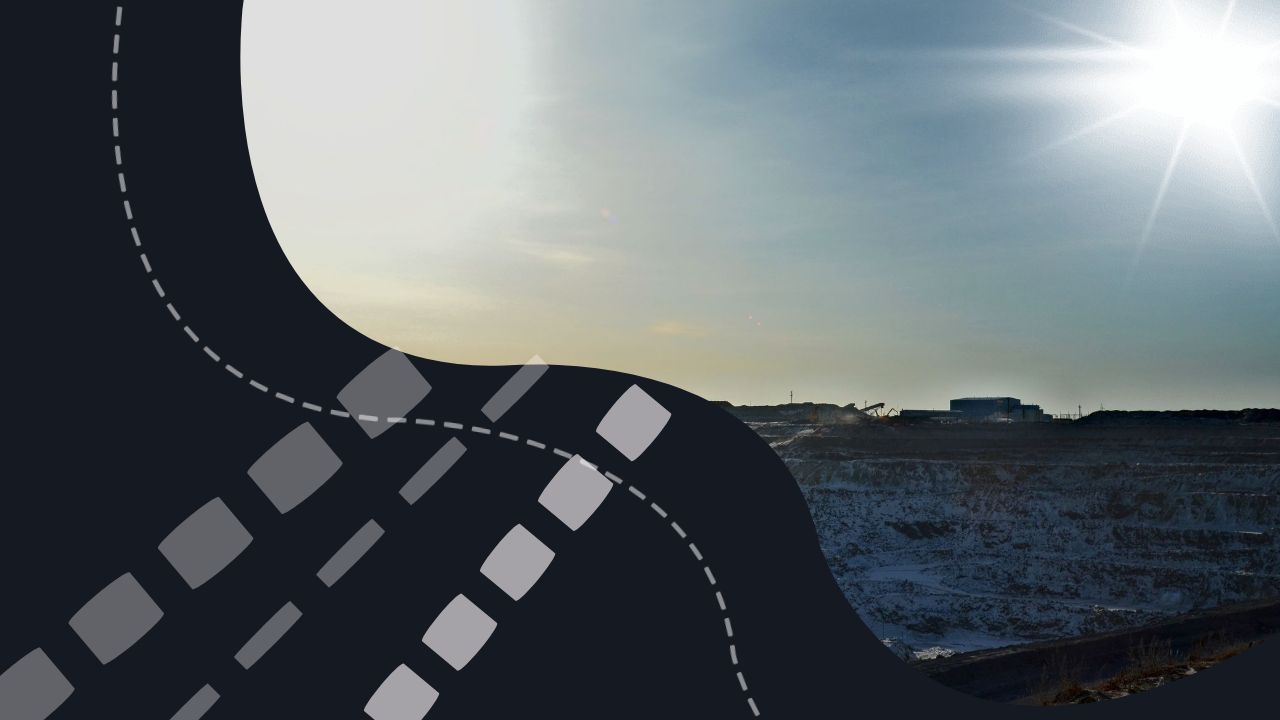The European Union’s push toward a carbon-neutral future hinges heavily on securing reliable lithium supplies—now formally classified as a critical raw material under the bloc’s Critical Raw Materials Act. With global lithium demand forecasted to rise 40-fold by 2040, the EU is racing to secure domestic or allied sources to reduce dependency on China, which currently dominates the lithium-ion battery market.
One project at the heart of this race is Rio Tinto’s Jadar lithium-boron mine in western Serbia, which boasts 118 million tonnes of ore with 1.8% lithium oxide—enough to potentially power one million electric vehicles annually and meet 90% of Europe’s lithium needs. Strategically, it’s a game-changer. But politically and environmentally, it’s a powder keg.
Located near Loznica, Serbia’s agricultural heartland, the Jadar project faces fierce grassroots resistance. Local communities warn of severe environmental consequences, including water contamination in the Drina River basin and dangerously high boron levels in soil. The backlash has been compounded by allegations of secret tax deals struck between Rio Tinto and the Serbian government before public consultations even began.
Despite over 60% of Serbians opposing the mine, the European Commission recognized Jadar as a strategic project on 4 June 2025, highlighting its geopolitical importance as a counterweight to growing Chinese and Russian influence in the Balkans. Serbia’s alignment with both nations—China via Belt and Road projects and Russia through cultural ties—adds urgency to Brussels’ resource diplomacy.
Yet, critics argue that this comes at the cost of democratic accountability. The EU’s continued cooperation with Serbia—despite democratic backsliding under President Aleksandar Vučić—has drawn accusations of supporting a “stabilitocracy”: sacrificing democratic standards for geopolitical stability and mineral access.
While the EU insists on adherence to environmental safeguards and public consultation protocols, the silence from Brussels on political repression and opaque governance in Serbia has raised eyebrows. Ursula von der Leyen has pledged to “respect and preserve the beautiful nature of Serbia,” yet local residents see the Jadar initiative as a form of “green colonialism”—where rural areas are sacrificed for Western decarbonisation agendas.
This case lays bare the contradiction at the heart of Europe’s green ambitions: balancing climate goals with ethical governance and local consent. If not resolved with genuine transparency and accountability, the EU risks not only undermining its credibility but also fueling resentment in a region already caught in a tug-of-war between East and West.

